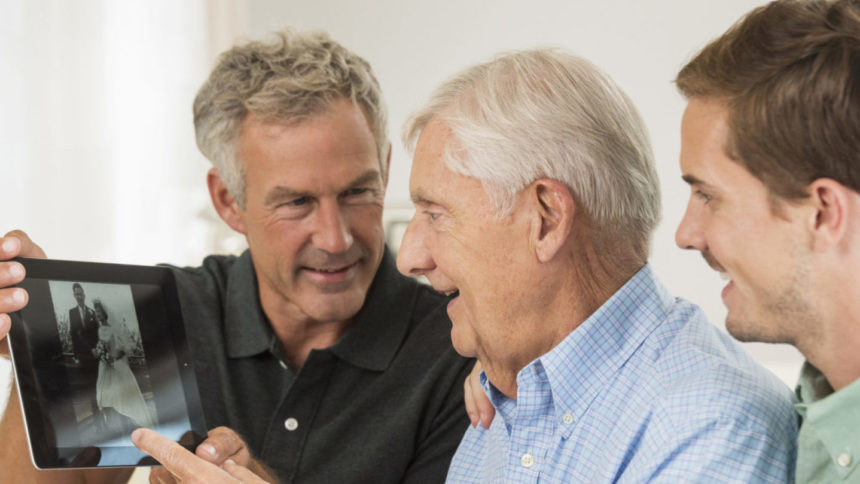A recent study published in JAMA Network Open revealed that losing a loved one may accelerate biological aging, potentially leading to earlier onset of chronic diseases and increased mortality risk. The research, which included participants from adolescence to adulthood, suggests that this effect occurs across all age groups.
The study was conducted by National Institute on Minority Health and Health Disparities (NIMHD), as part of the National Institutes of Health. NIMHD researchers analyzed data from 3,963 participants in the National Longitudinal Study of Adolescent to Adult Health. Nearly 40% of participants experienced the loss of a close relation by adulthood, with racial disparities evident in the frequency of loss.
Using advanced epigenetic clock measurements, the researchers found that individuals who experienced more losses showed significantly older biological ages compared with those without such experiences. This association was observed even before midlife, as seen for participants ranging from 33 to 44 years old at the time of measurement.
Interestingly, losses experienced during adulthood showed stronger associations with biological aging than losses in childhood or adolescence. The study used four different epigenetic clocks to measure biological aging, with three (GrimAge, PhenoAge, and DunedinPACE) consistently showing associations with loss.
Racial disparities in loss experiences were notable, with 56.67% of Black participants and 56.08% of American Indian participants reporting loss, compared with 41.38% of Hispanic and 34.09% of white participants.
The findings suggest that a higher frequency of losses may compound the effect on biological aging. While the study focused on younger adults, the researchers emphasize that these results likely apply to older adults as well, given the cumulative nature of loss experiences throughout life.
Researchers highlighted the potential long-term health impacts of losing loved ones, and underscored the importance of support systems and coping strategies for individuals of all ages who experience loss.




